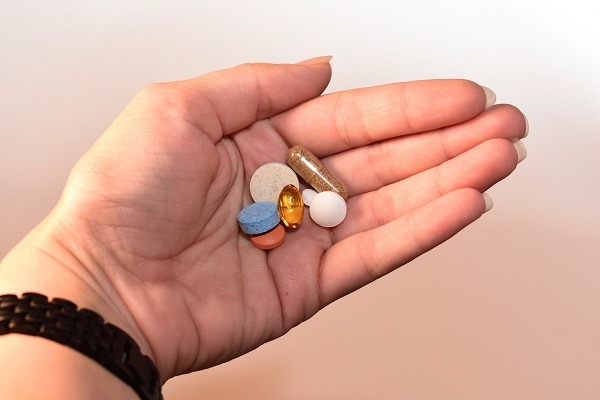Different people have different reasons for popping dietary supplements like pills, or capsules or even teas and powders. Some might be taking them for certain deficiency or a high-risk disease. For others, it could be a matter of improving their overall health.
Ever since we were introduced to dietary supplements in the mid-20th century, they have attained a cult following among those who believe supplements to be a cure-all for everything from weight loss to anti-ageing. In fact, beauty and skin supplements have grown into multi-billion dollar industries.
On the flip side, some recent studies have been warning us against the potential dangers of supplements. That’s why the decision to incorporate dietary supplements shouldn’t be taken lightly. You need to know both sides of the coin to make a safe and healthy choice. Here are some key pros and cons of dietary supplements.
The Benefits
Pregnant women or women who are planning on a pregnancy. An expectant mother needs to consume 400 micrograms of folate on an everyday basis. This can be in the form of food or supplements. It ensures that no birth defects are found in the baby. Prenatal vitamins also contain safe amounts of iron and calcium. However, one should not solely depend on supplements to meet their nutrition intake.
Elderly people. With age, our bodies need a greater amount of vitamins and minerals, vitamin D, and calcium (crucial for bone health). Whereas intake of vitamin B-6 and vitamin B-12 ensures healthy red blood cells and nerves.
People with allergies or food restrictions. If you are allergic to certain food items or your body is unable to digest some nutrients in their natural form, then you might benefit from dietary supplements. Vegans risk falling short on animal proteins like B12 which mostly comes from dairy food, fish and meat.
As consumers, one should always consult their healthcare provider before consuming any dietary supplements although they are available without the need of a prescription. The reason being their interaction with over-the-counter medicines. For example, Ginseng might cause bleeding for patients who have been prescribed blood thinners.
The Risks
Therapeutic Goods Administration (TGA) in Australia is solely dependent on the manufacturers for being honest with their quality of ingredients. Most importantly, the manufacturers do not need to prove the effectiveness of their products to the TGA.
Therefore, although the supplements you are taking are regulated by the TGA, there is absolutely no guarantee about what you are having as supplements. You should also watch out for detoxifying teas sold as supplements as they are categorised as food. Hence, they fall outside the jurisdiction of TGA.
Moreover, choosing to buy supplements online can expose you to risks of forged products as they are unlikely to be regulated by the TGA.
Hence, with the above information, you can now make better and smarter decisions before taking dietary supplements. We also suggest having a discussion with your healthcare provider, not only to understand whether you need them in the first place. But also to avoid any interaction with prescribed drugs. If you are still inclined on having supplements, check the labels and monitor your health closely to avoid any adverse effect.

